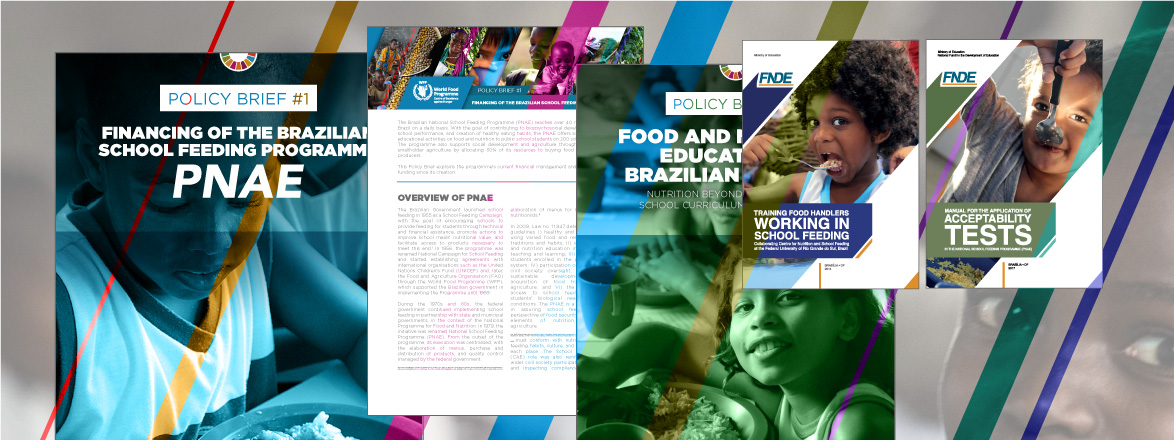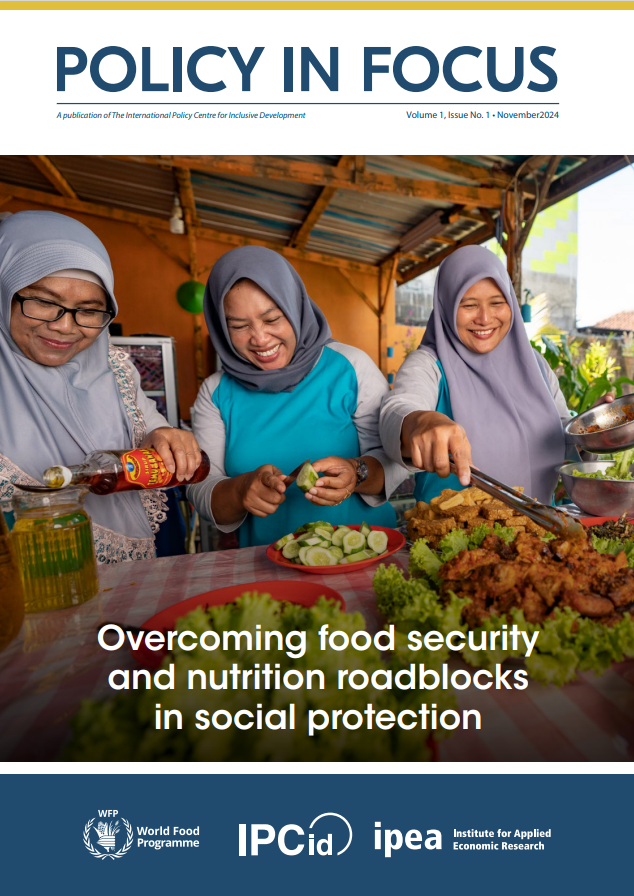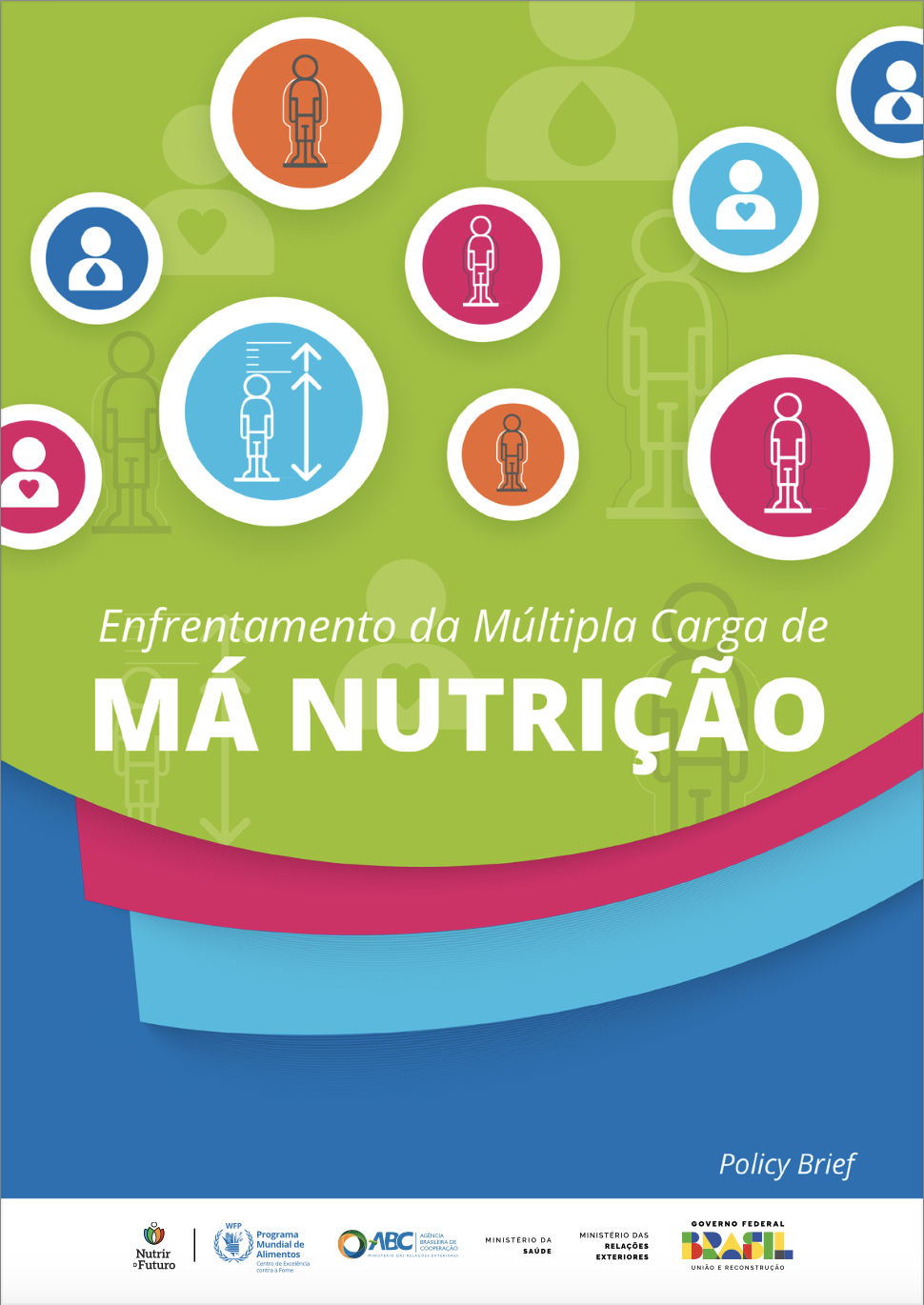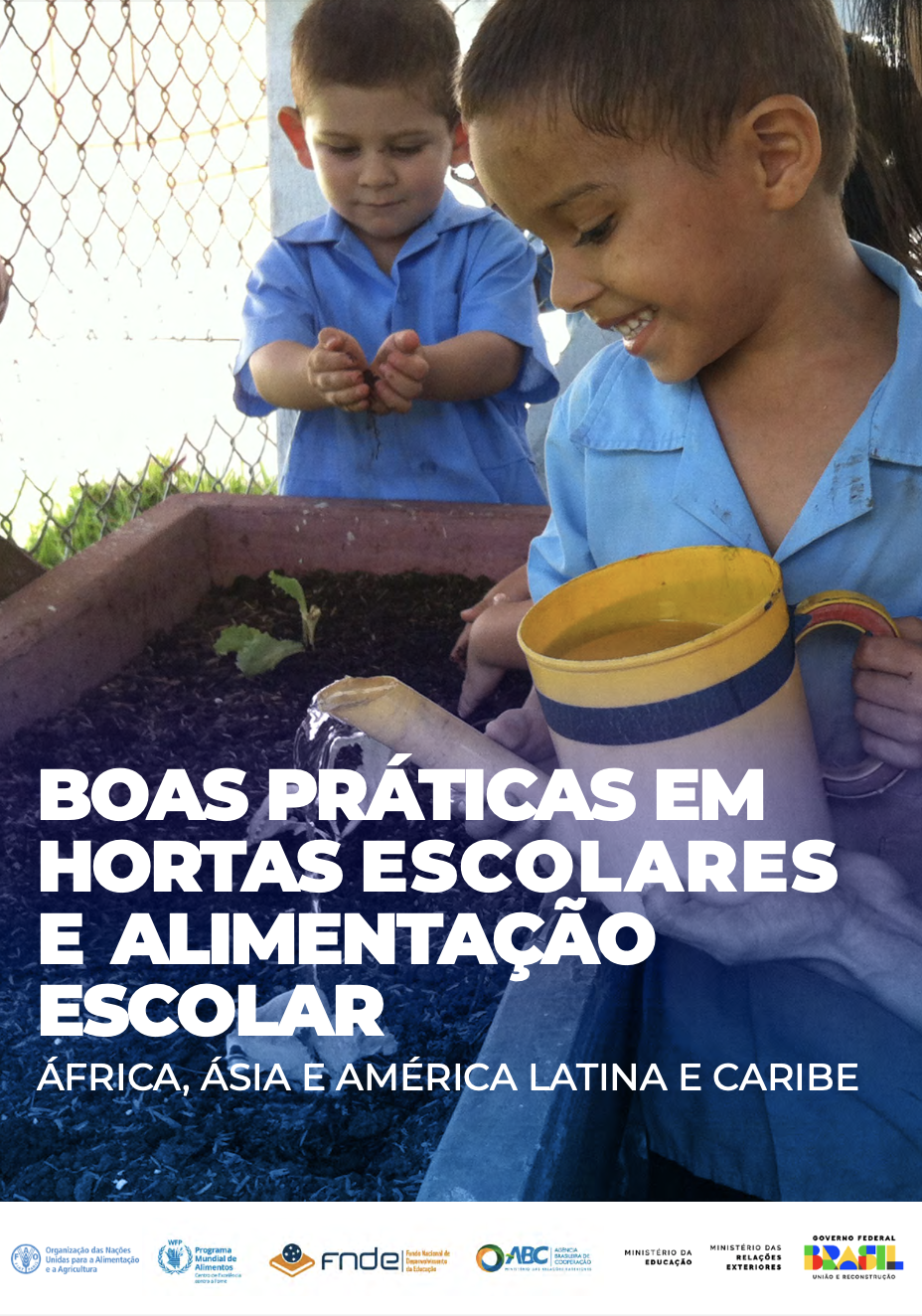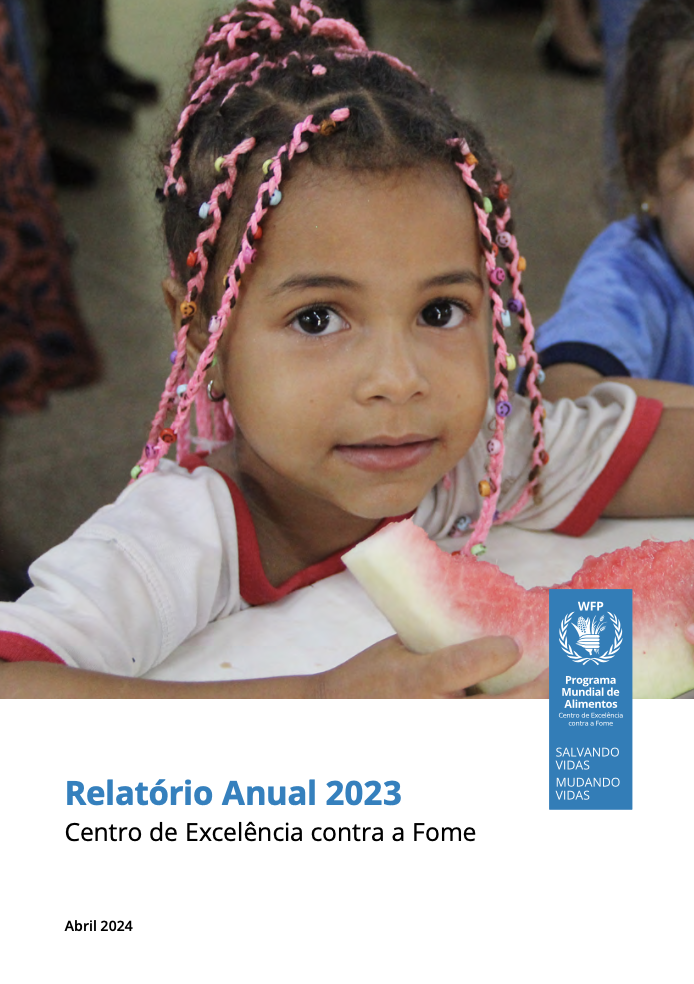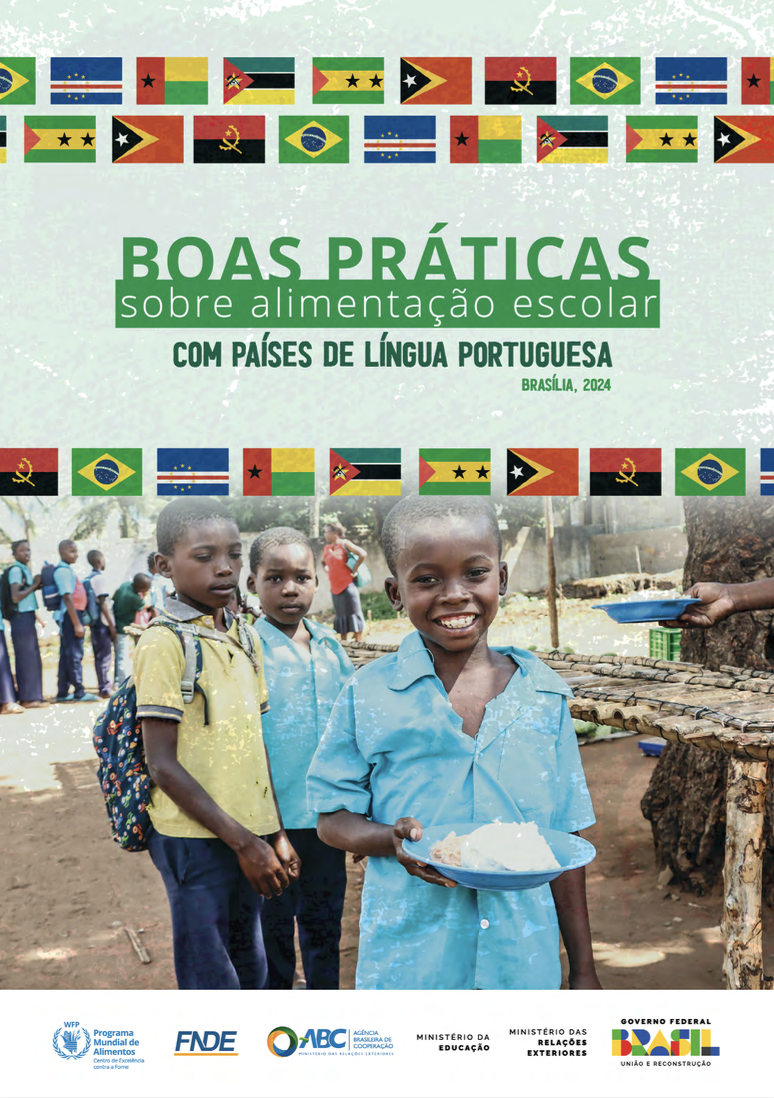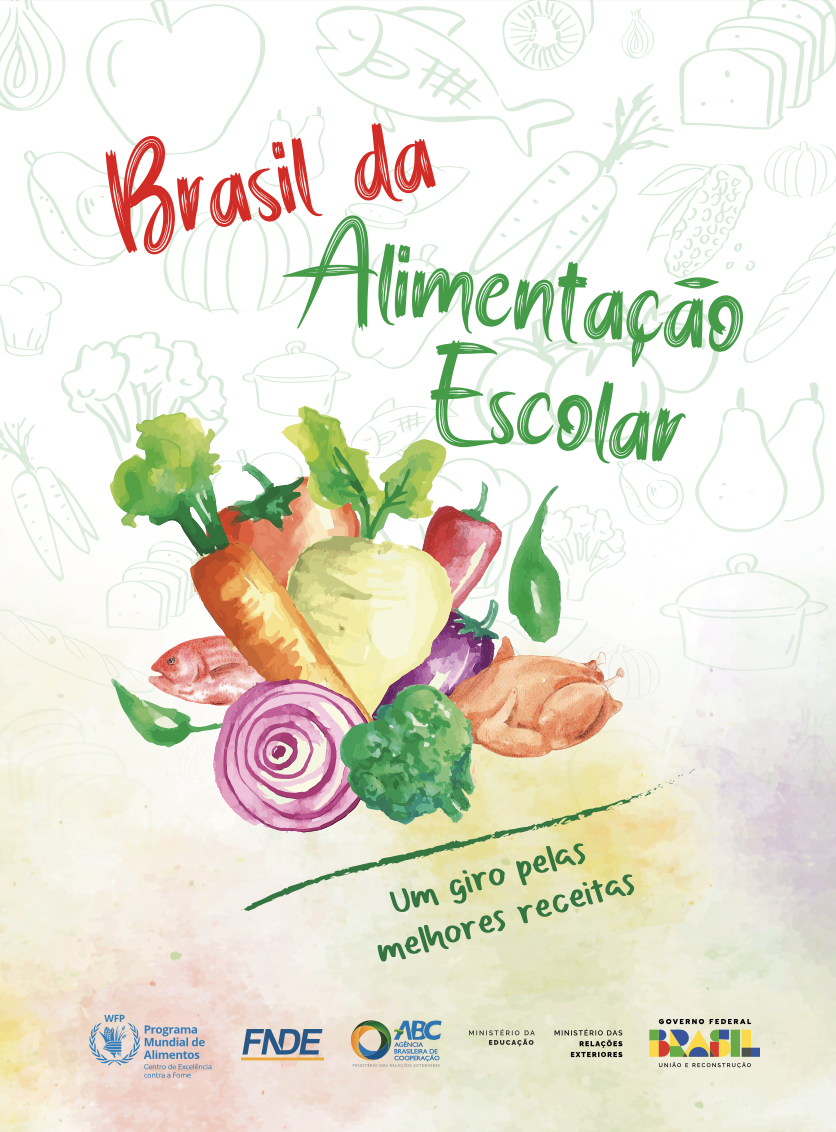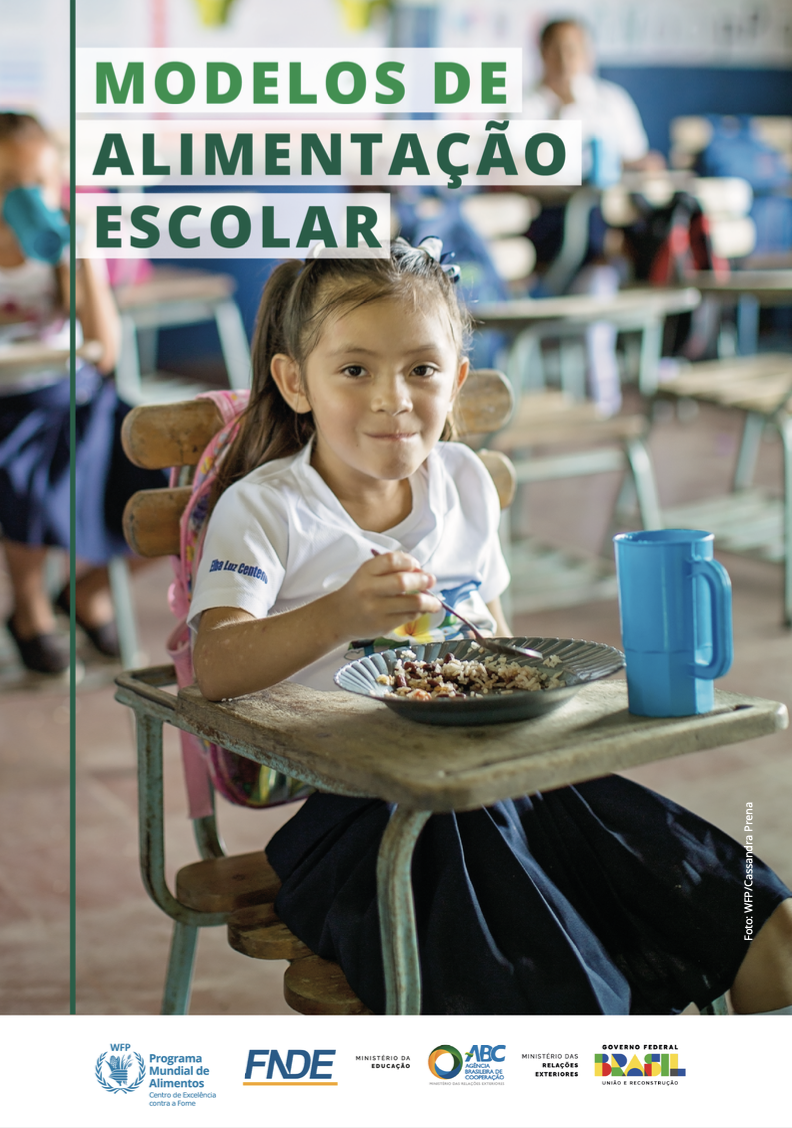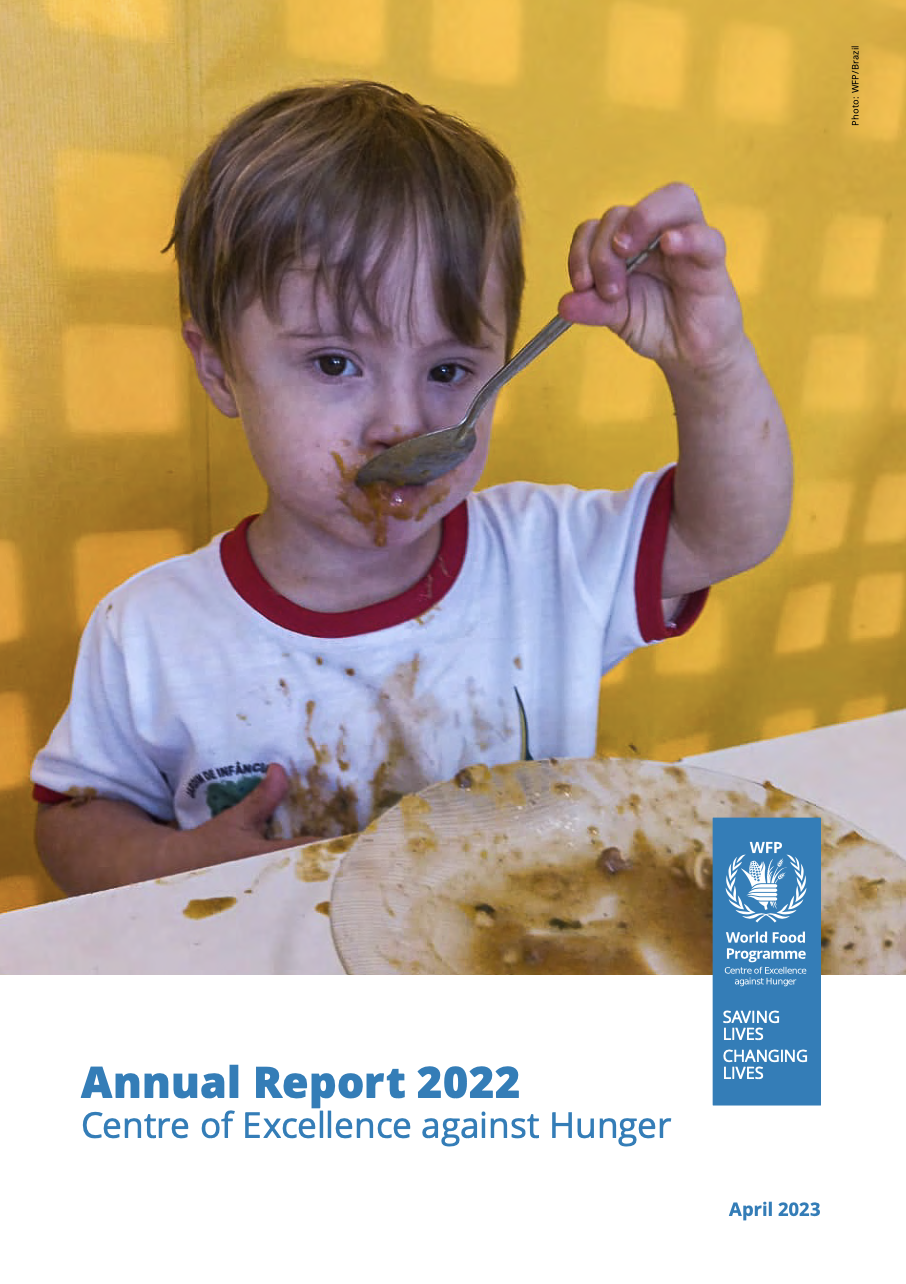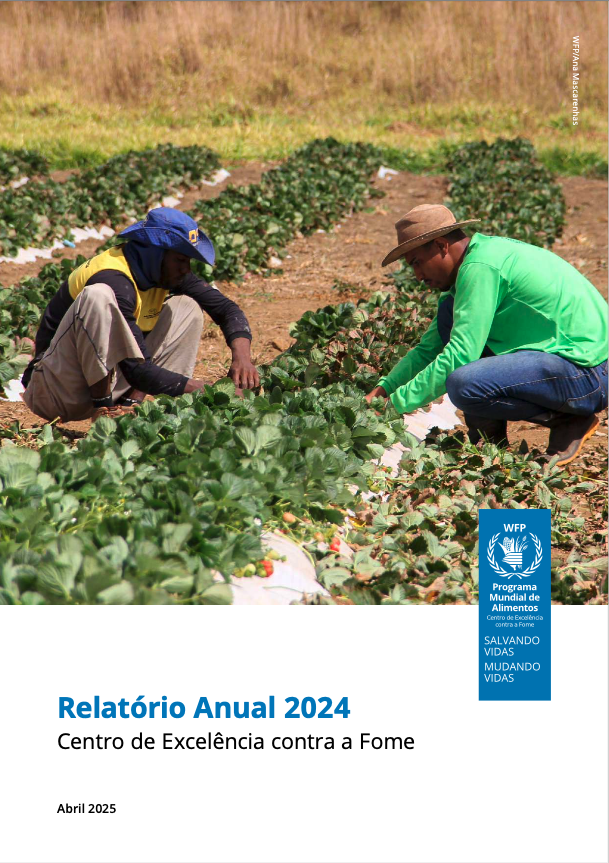
In 2024, the WFP Centre of Excellence against Hunger in Brazil participated in major international events focused on combating hunger, organized several study visits under South-South cooperation, gathered results in food security and nutrition, and hosted the winners of the reality show "Vida de Merendeira" at a meeting of Portuguese-speaking countries. The Centre of Excellence took part in the launch of the Global Alliance Against Hunger and Poverty during the G20 Social. In addressing malnutrition, officials from Brazil, Peru, and Colombia were trained; we closely followed the expansion of the school feeding program in Malawi; and supported the construction of cisterns and gardens in Kenya.





